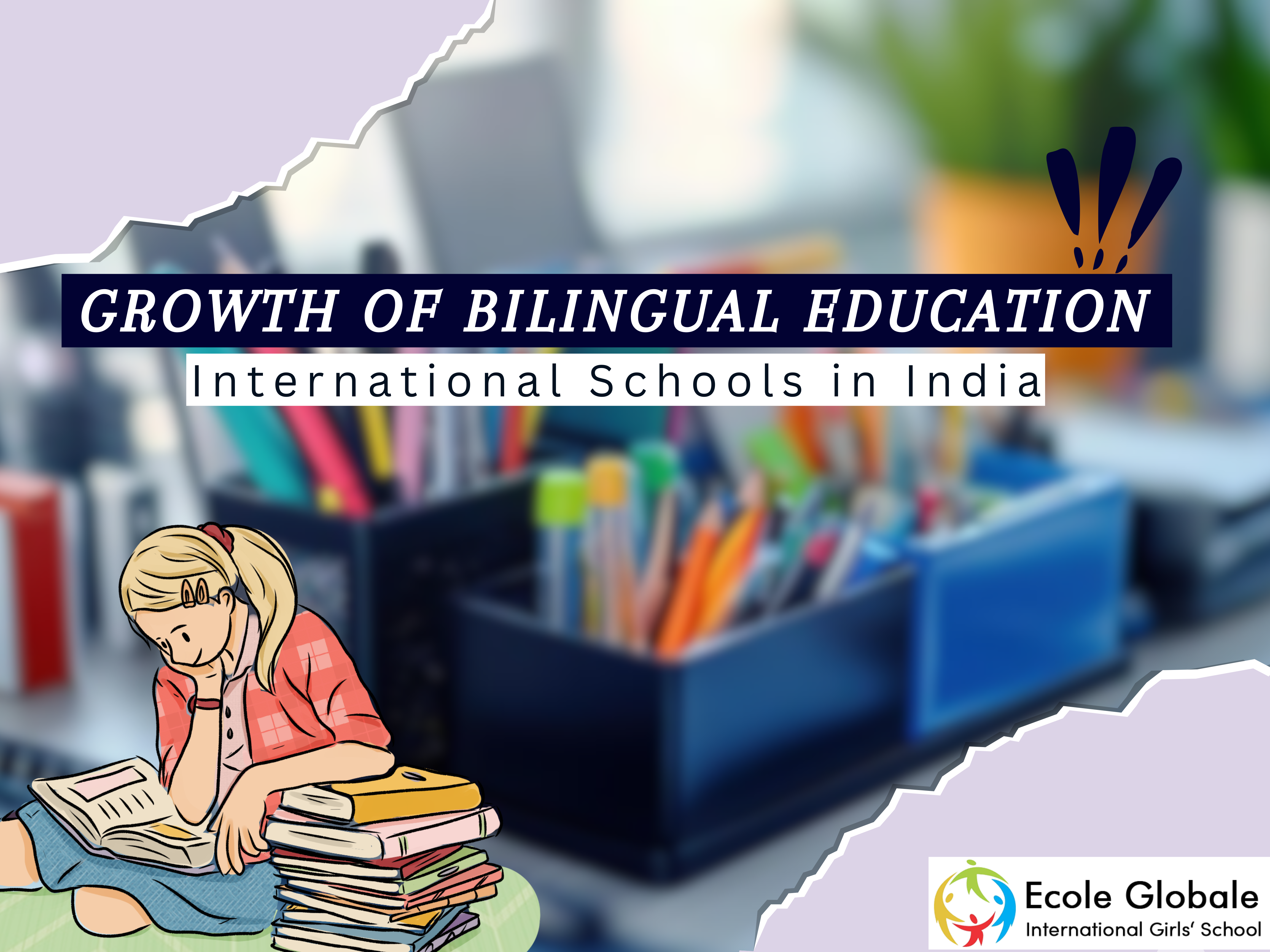Bi-lingual education is increasingly recognized as a vital element of modern learning, especially in international schools in India. These institutions provide a unique combination of global academic standards while preserving and promoting local languages, ensuring that students are equipped with the tools to thrive in a global environment.
Why Bi-lingual Education is Growing in India

The growing interest in Bi-lingual education stems from a realization among parents and educators that it fosters both cognitive and cultural development. Students gain the ability to think more flexibly, solve problems creatively, and communicate across cultural divides.
Key Drivers of Growth
- Global Job Market: As the world becomes increasingly interconnected, knowledge of more than one language offers students an edge in the job market.
- Cultural Integration: Bi-lingual programs enable students to maintain strong ties to their local heritage while embracing global perspectives.
- Cognitive Development: Research shows that students in Bi-lingual programs often perform better in complex cognitive tasks than their monolingual counterparts.
The Role of International Schools in Promoting Global Citizenship

International schools have become central to creating global citizens. They emphasize not just academic excellence but also cultural empathy and global awareness, fostering an environment where students are prepared to lead in an international arena.
Curriculum Balance
Leading international schools in India, such as Woodstock International and Wellington College, successfully combine international curricula (such as IB and Cambridge) with Indian educational frameworks. This balance helps students excel academically while remaining connected to their cultural roots.
Benefits of Bi-lingual Education for Students

Bilingual education offers numerous advantages, such as:
- Improved Cognitive Function: Studies consistently show that bilingual students exhibit superior multitasking abilities and problem-solving skills.
- Cultural Understanding: Learning multiple languages helps students develop empathy and openness towards different cultures, an essential trait in today’s globalized world.
- Career Opportunities: Bilingualism is increasingly valued in the international job market, especially in industries like international relations, business, and tourism.
Addressing Challenges in International Schools

Despite the many advantages, international schools in India face several challenges in delivering Bi-lingual education:
- Cost of Education: The operational expenses of these schools are often high due to the need for international faculty and resources. This is a significant factor for parents weighing the cost-benefit of such education.
- Local Compliance: Balancing global educational standards with Indian government requirements, such as offering regional languages like Hindi or Marathi, is an ongoing challenge for schools.
Conclusion: Bi-lingual Education as a Pathway to Global Citizenship
The rise of Bilingual education in international schools across India is more than just a trend—it’s a crucial development for preparing the next generation of global leaders.
By offering students the opportunity to master multiple languages, these schools enable them to think globally while maintaining a strong connection to their cultural roots.
In conclusion, Bilingual education not only enhances academic and cognitive abilities but also fosters cultural empathy and opens doors to numerous global career opportunities.
As international schools in India continue to grow, they will play an even greater role in shaping global citizens who can contribute meaningfully to a diverse and interconnected world. This blend of international standards with local relevance is the key to a truly well-rounded education for today’s students.
FREQUENTLY ASKED QUESTIONS
Q1. What is Bi-lingual Education?
Ans. Bi-lingual education refers to an educational approach where students are taught in two languages. It promotes fluency in both languages while supporting cognitive and cultural development.
Q2. What are the benefits of Bi-lingual Education?
Ans. Bi-lingual education enhances cognitive abilities, improves communication skills, increases cultural awareness, and prepares students for global opportunities by mastering two languages.
Q3. How does Bi-lingual Education impact academic performance?
Ans. Students in bi-lingual education programs often show improved problem-solving abilities, multitasking skills, and better performance in various academic subjects due to cognitive flexibility.
Q4. At what age should Bi-lingual Education start?
Ans. Bi-lingual education can start at an early age, ideally in preschool or early elementary school. Younger learners are better able to absorb languages more naturally, which enhances fluency.
Q5. Is Bi-lingual Education suitable for all students?
Ans. While bi-lingual education offers numerous benefits, it may not be suitable for every student. Some children may need extra support if they struggle with learning multiple languages, but with proper guidance, most students can thrive in a bi-lingual environment.









